The conference explored the transformative potential of XR and AI in creating immersive, hands-on learning experiences. Key topics included the ethical considerations of implementing these technologies, their potential to address socio-epistemic gaps, and methodologies for assessing their impact on education.
On December 11 and 12, the e-DIPLOMA team had the privilege of participating in the I Conference on New Technologies and Education, a two-day event organised by the Institute of New Imaging Technologies. Held at the University of Jaume I, the conference brought together leading experts, educators, and innovators to explore how Extended Reality (XR) and Artificial Intelligence (AI) are reshaping educational landscapes.
László Szécsi, a key member of the e-DIPLOMA team, captivated the audience by addressing a crucial question: “How can we turn abstract educational material on complex systems into concrete learning experiences?” His presentation showcased how e-DIPLOMA’s integration of VR and gamification enables a “learn-by-doing” approach, transforming theoretical concepts into engaging, practical applications.
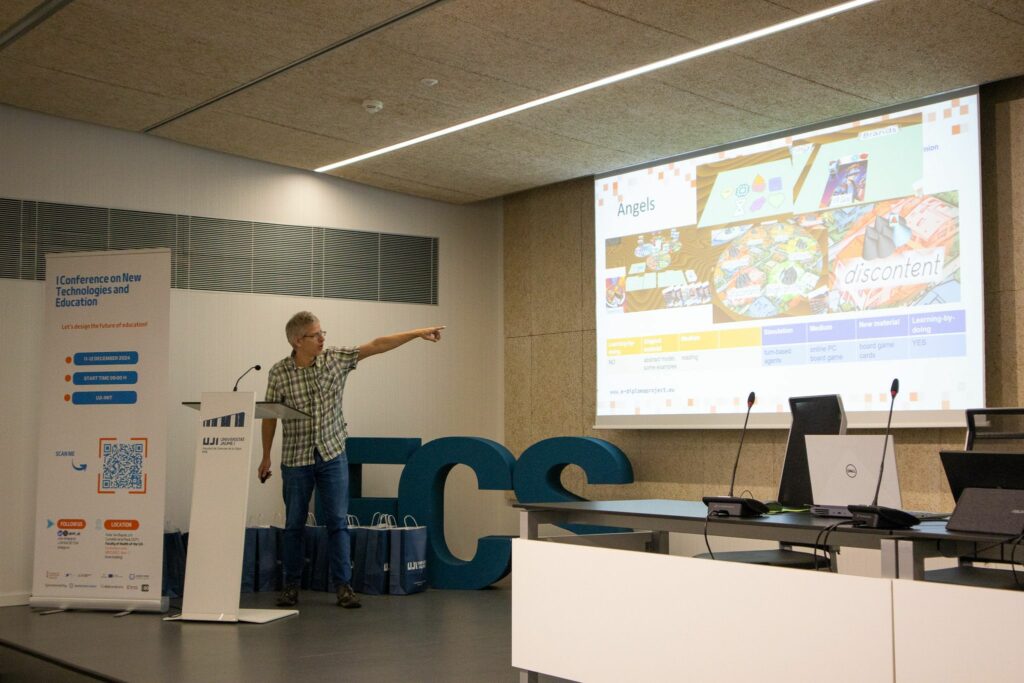
Workshops and Round Tables: Building the Future Together
The conference also featured an interactive workshop led by Brainstorm. Attendees were introduced to Edison, the innovative tool powering e-DIPLOMA’s content creation, and learned how to design compelling educational materials using AR and VR.
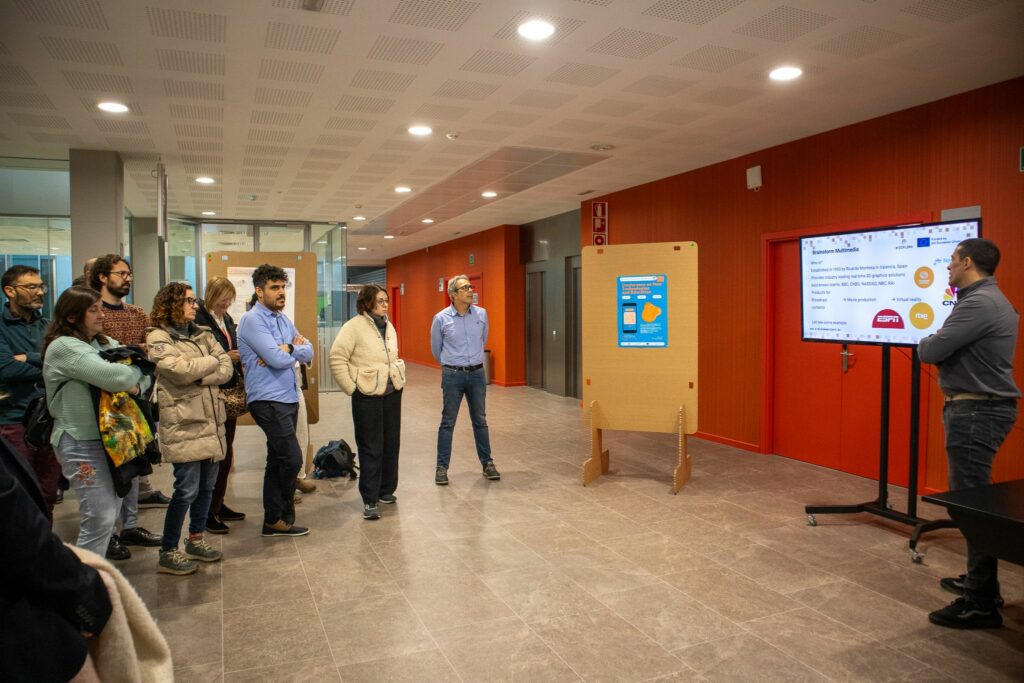
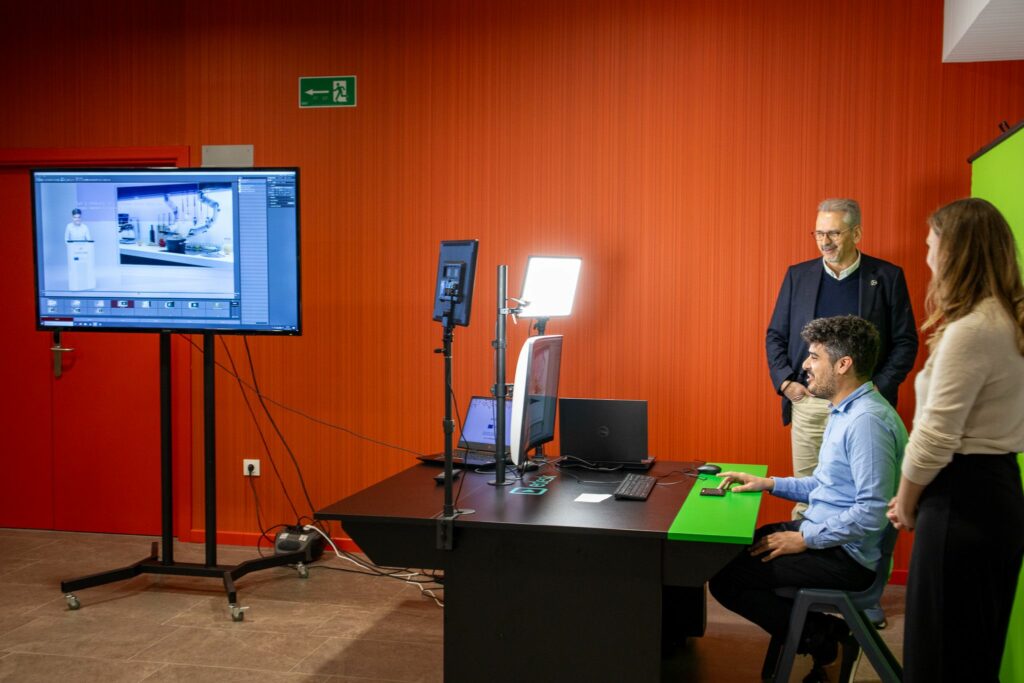
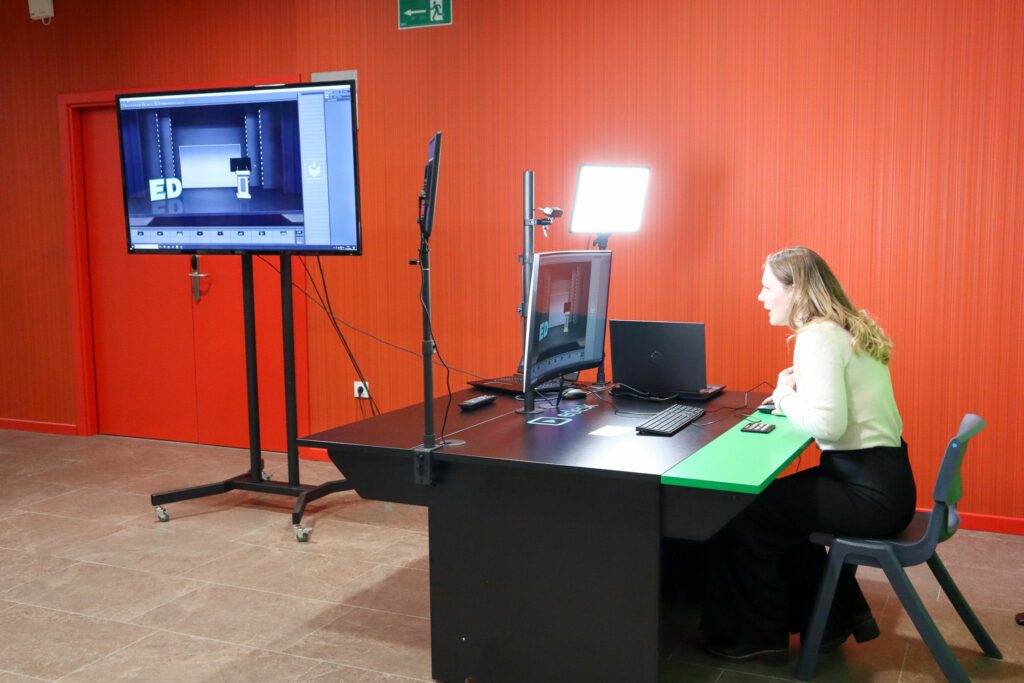
Discussions during the round table, moderated by Elena Shliakhovchuk (Polytechnic University of Valencia), highlighted the collaborative efforts driving innovation in education. Esteemed panelists, including Francisco Ibáñez (Brainstorm), Tanya Trayanova (Innogrowth), Riccardo Fano (ARIS), and Elmar Eisemann (Technical University of Delf), emphasized that new technologies serve as tools to enhance, not replace, the role of educators.
Tanya Trayanova’s remark encapsulated the event’s spirit:
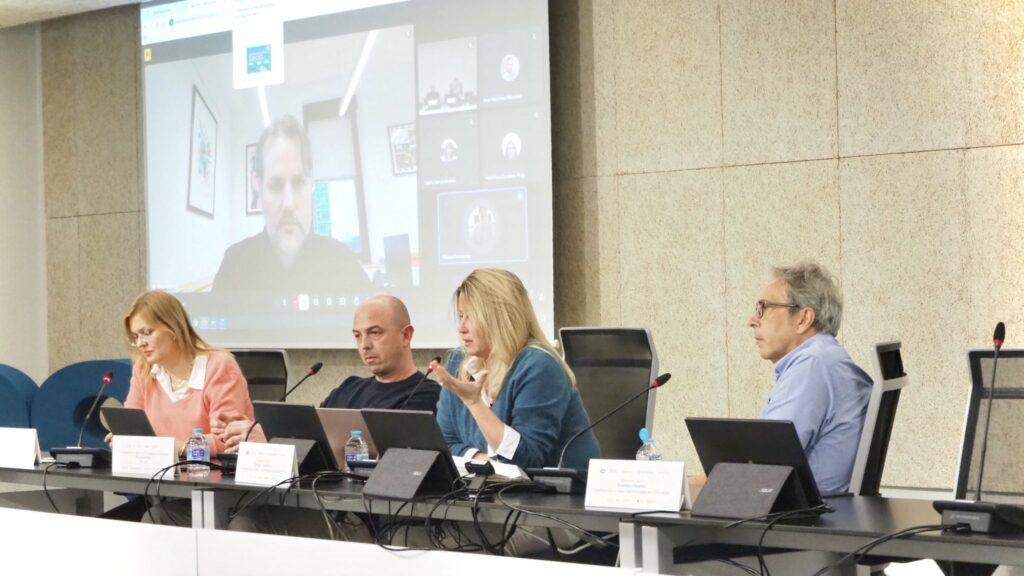
“New technologies won’t replace teachers; they are tools that complement and enhance the learning process.”
Ethics, Inclusion, and Equal Access
Kleovoulos Stylianou and Rubén García, from the e-DIPLOMA team, brought critical ethical dimensions into focus. They stressed the importance of balancing innovation with privacy and inclusivity, ensuring that immersive tools are accessible to all students while safeguarding their data.
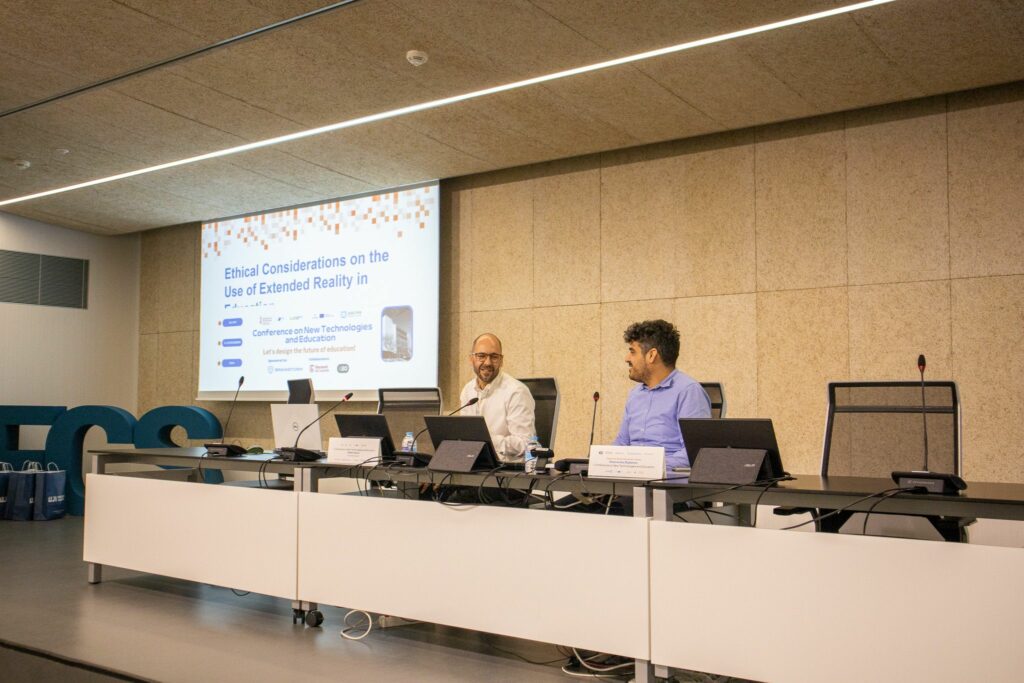
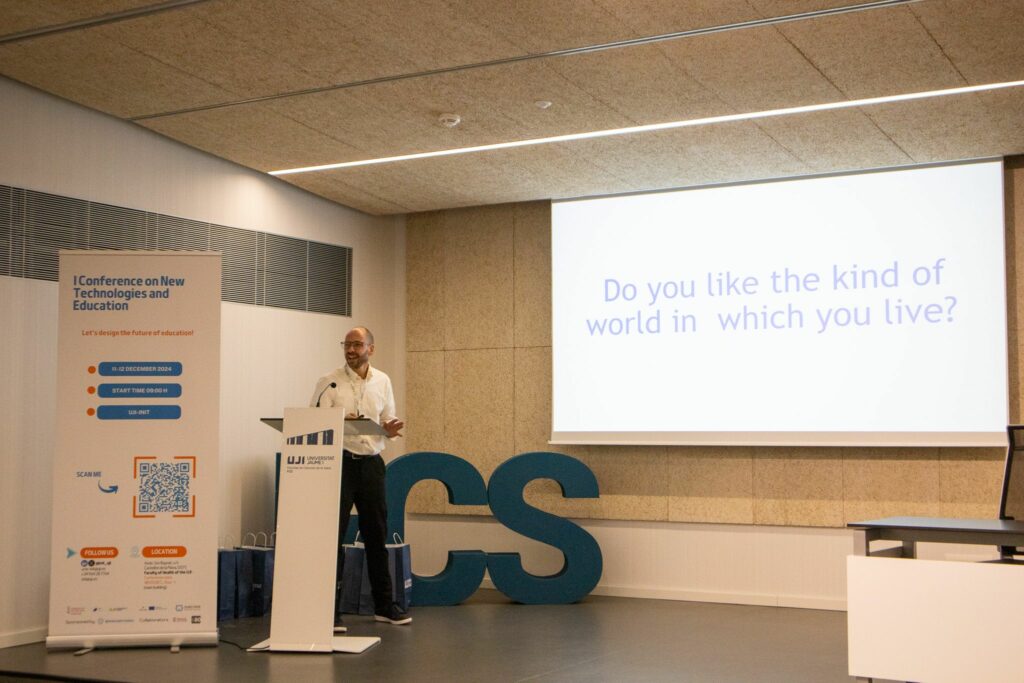
Showcasing e-DIPLOMA’s Achievements
We also had the opportunity to see a presentation by Inmaculada Remolar, who unveiled the latest advancements of the e-DIPLOMA project. Live demonstrations offered a glimpse into how the platform leverages AR, VR, and gamification to foster immersive, practical learning experiences.
The I Conference on New Technologies and Education underscored a collective commitment to driving meaningful change in education through innovation. For e-DIPLOMA, the event was not only an opportunity to share our progress but also a chance to engage with a vibrant community of visionaries dedicated to shaping the future of learning.
